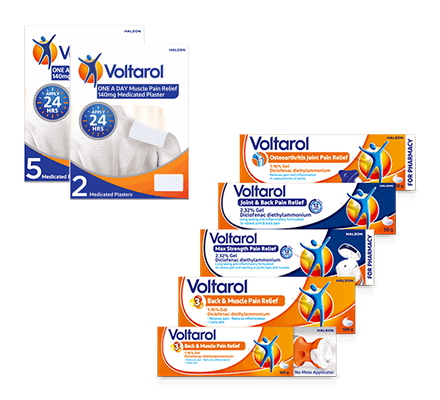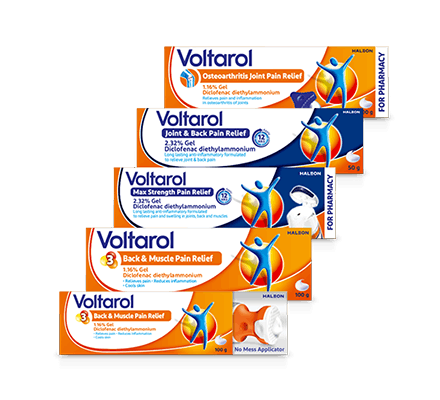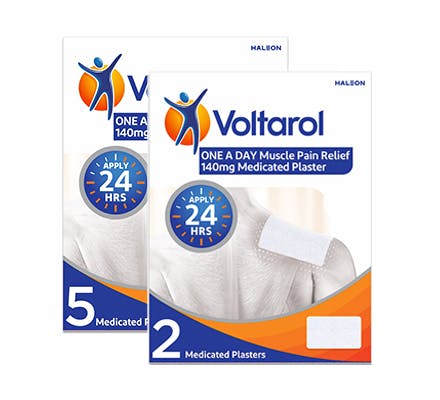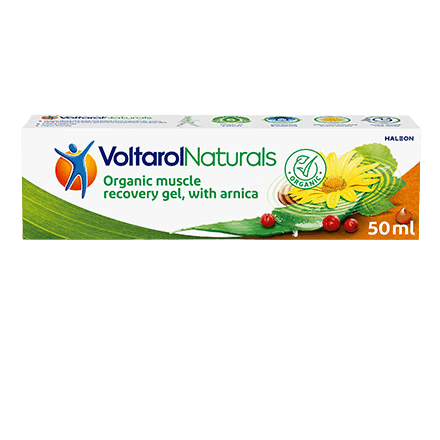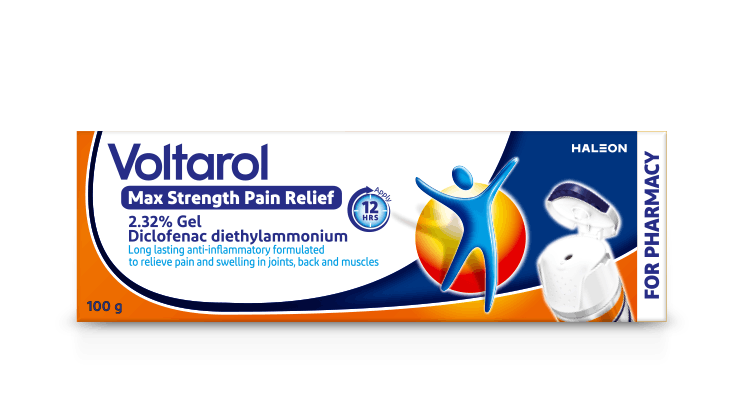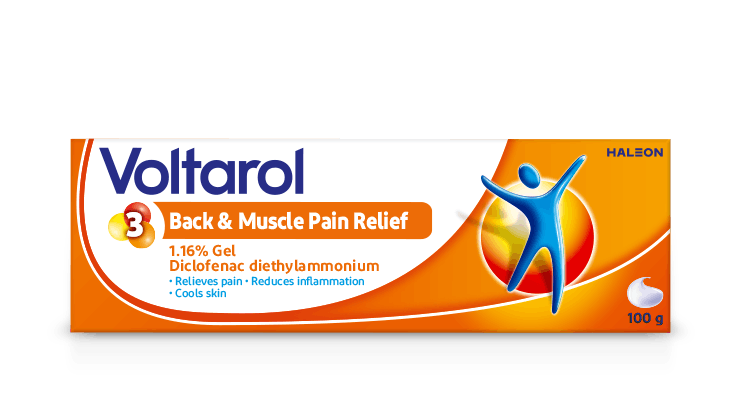
SHARE THIS ARTICLE:
Muscle pain, also known as myalgia, can make it difficult to enjoy your everyday activities. Whether it’s getting up out of the kitchen chair after drinking your morning coffee or walking to answer a knock at the door, muscle pain can make even the little things difficult. It’s something most of us experience from time to time to varying degrees. Here we explain myalgia’s... symptoms and causes so you can get to the source of your discomfort – and move on to more joyful movement. Aaah. Doesn’t that sound nice?
Muscle pain can appear in anyone who has muscles – which is everyone! We can get muscle aches from localised causes like overexertion, viral infections (you know those body aches and pains you get when you have the flu?), injury, or systemic causes like inflammatory conditions, fibromyalgia, or hypothyroidism.
Symptoms of muscle pain
Luckily (if you can say that about pain), muscle pain symptoms are fairly straightforward to spot. Here’s what to look out for:
- If your myalgia is localised, you may feel muscle soreness or weakness in a specific area.
- If your myalgia is systemic, you may feel muscle aches and pains throughout your body.

Muscle pain can resolve on its own with at-home treatments and remedies. However, some muscle pains may be more worrisome than others.
When your muscle pain symptoms are accompanied by the following – call a doctor immediately:
- A very high fever
- Difficulty breathing
- Dizziness
- Rash
- A tick bite
- Stiff neck
- Pronounced muscle weakness
- Muscle pain that is extreme or came on suddenly without explanation
Causes of muscle pain
The most common causes of muscle pain are:
- Strains - Strains occur when a tendon gets stretched beyond its normal capacity. This can occur from accidents, falls, sudden twisting motions, and athletic activities.
- Injury or blunt force trauma - Bumps and bruises can cause muscle pain. When your body has received a strong impact, it can cause a contusion (more commonly known as a bruise) in your muscle. You may feel tenderness and swelling as a result.
- Overexertion - Whether your went to hard at the gym or stood on your feet for too long in the kitchen cooking for a holiday meal – if your... body is unaccustomed to such exertion, you may experience muscle pain and soreness the next day or two.
- Stress - When you’re feeling stressed out, you may notice your muscles getting tense and achy. That’s because psychological or physical stress can cause your muscles to tense up, the body’s automatic reaction in order to protect against injury and pain. Long-lasting or chronic stress can create a near-constant state of muscle tension, which can cause muscle pain. Many people feel this stress-pain the most in their shoulders and neck.
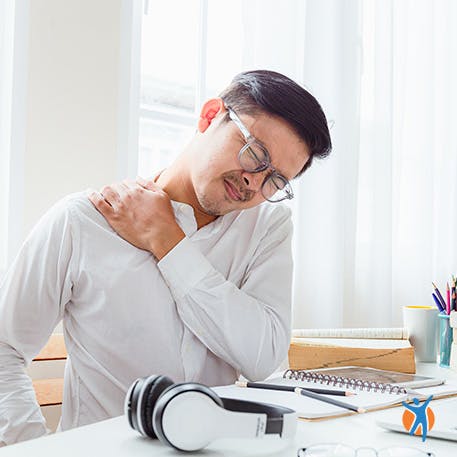

- Dehydration - Not drinking enough water can cause muscle cramps and pain. When undertaking physical activity – especially when it’s hot out, but in cold weather, too! – be sure to stay hydrated. Dehydration can cause increased muscle soreness post-physical activity. So, be sure to take a water bottle with you when you’re out moving about.
- Poor posture - Standing or sitting with poor posture can strain your muscles, which can then in turn cause muscle pain.
- Lack of sleep - Sleep is the body’s time to rest and recuperate. Sleep deprivation can leave the body feeling run down. Muscle pain can be associated with not getting a good night’s sleep.
- Nutritional deficiency - If you’re not getting proper nutrition from your diet, you may experience muscle aches and pains. For instance, vitamin D deficiency has been shown to cause muscle pain. Anaemia is another nutritional deficiency that can cause muscle pain and cramping.
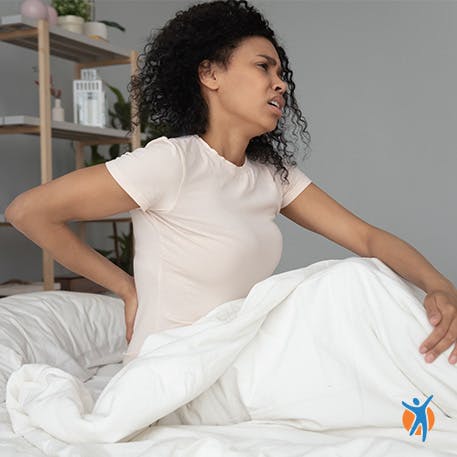
- Infection - One of the most commonly experienced infections that causes muscle pain is the flu. However, muscle pain associated with infection, can also indicate infections like Lyme’s disease, pneumonia, or mononucleosis.
- Diseases and hereditary conditions - Conditions like fibromyalgia, hypothyroidism, multiple sclerosis, rheumatoid arthritis, and others can cause muscle weakness.
When muscle pain occurs throughout the entire body, it is more likely to be due to something systemic, such as an infection, or an underlying illness. If you suspect this may be the case with your muscle pain, make an appointment with your doctor. They might request blood tests to help understand the cause of your muscle pain.
Explore Voltarol products for pain relief

SHARE THIS ARTICLE:
Health, wellness & your pain
Pain is rarely just physical nor is it always solved by taking medicine alone. Voltarol is your ally in helping you take more control of your pain journey, from the way to sleep, to what you eat, mental wellbeing and complementary pain relief therapies.


